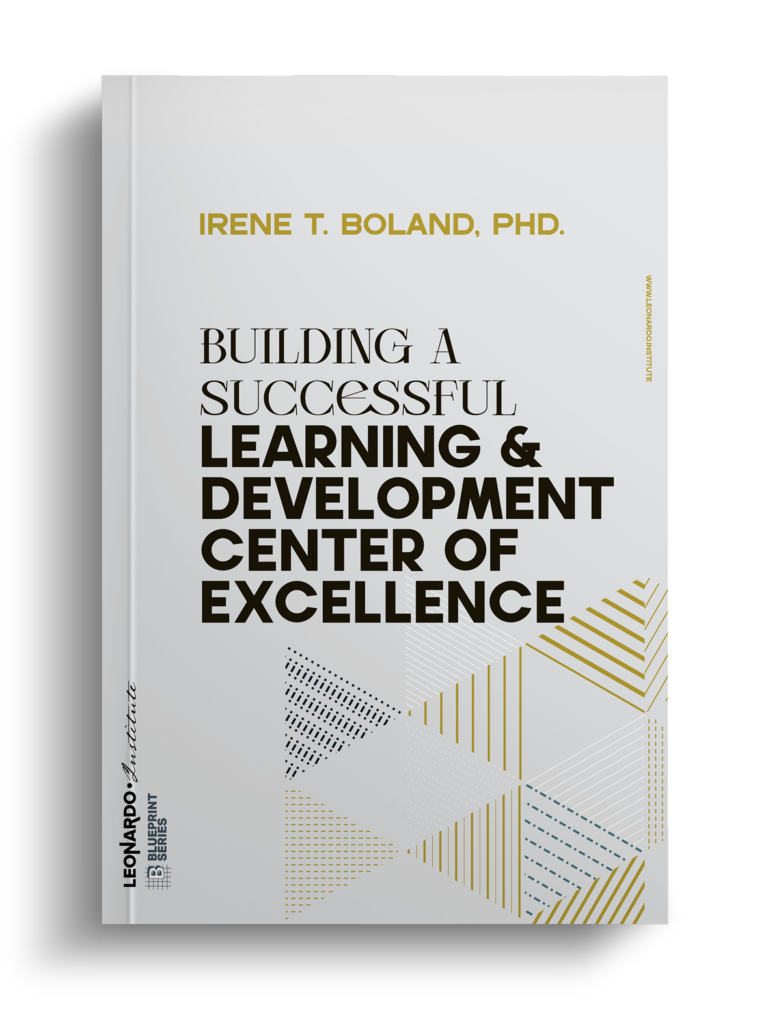Role playing, often seen as a dynamic and engaging educational tool, holds significant potential for enhancing learning and development within the workplace. Drawing upon the work of Henry W. Maier, this article explores the structure, objectives, and practical applications of role playing in fostering an enriched learning environment for both trainers and trainees.
Understanding the Fundamentals of Role Playing
At its core, role playing serves as a bridge between theoretical knowledge and practical application, offering a unique opportunity for learners to experience real-life scenarios in a controlled setting. Maier emphasizes the importance of clarity regarding the learning objectives behind each role playing activity, whether it’s aimed at skill acquisition, cognitive understanding, or emotional awareness. By carefully selecting role playing scenarios that align with these objectives, educators and trainers can significantly enhance the learning experience, making it more relevant and impactful for participants.
Role Playing for Skill Acquisition
In the context of workplace learning, role playing excels as a method for practicing and refining job-specific skills. Maier outlines a structured approach where learners are placed in scenarios that demand the application of new skills, guided by clear instructions and feedback from the instructor. This hands-on approach not only reinforces learning but also boosts confidence as participants witness their own progress. Such an immersive learning experience is invaluable in areas such as customer service, negotiation, and leadership, where behavioral competencies are key.
Enhancing Cognitive and Emotional Learning
Beyond skill practice, role playing also addresses cognitive and emotional learning objectives. Cognitive enhancement through role playing involves creating scenarios that challenge participants to think critically, solve problems, and apply concepts in novel situations. Meanwhile, emotional learning can be facilitated by scenarios that evoke empathy, self-reflection, and emotional intelligence. Maier’s emphasis on the developmental progression of learning highlights the importance of designing role playing exercises that cater to the diverse needs of learners, thereby enriching their cognitive and emotional landscapes.
Putting it to Work
Workplace learning professionals can apply Maier’s insights by integrating role playing into their training programs with a clear focus on the intended learning outcomes. For skill acquisition, scenarios should be crafted to mimic real-life challenges employees may face, with opportunities for practice and immediate feedback. To enhance cognitive skills, role plays can involve complex problem-solving tasks relevant to the workplace. For emotional learning, scenarios that require empathy and understanding can help in developing soft skills crucial for team dynamics and customer interactions.
The Takeaway
Role playing is a versatile and powerful tool that, when used effectively, can transform the learning experience in the workplace. By understanding and applying the principles outlined by Henry W. Maier, learning professionals can design role playing exercises that are not only engaging but also deeply educational, catering to the multifaceted learning needs of today’s workforce. The key lies in the deliberate structuring of role play scenarios to align with specific educational objectives, thereby maximizing the impact on learners’ skills, cognition, and emotional intelligence.
Reference
Maier, H. W. (Jan 2002). Role playing: Structures and educational objectives. Journal of Child and Youth Care.


